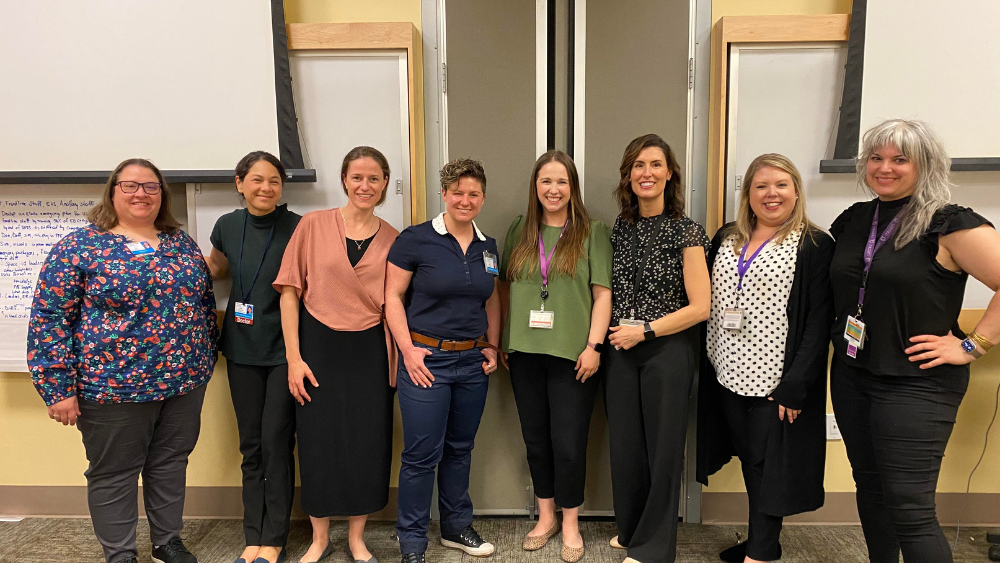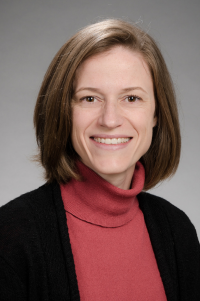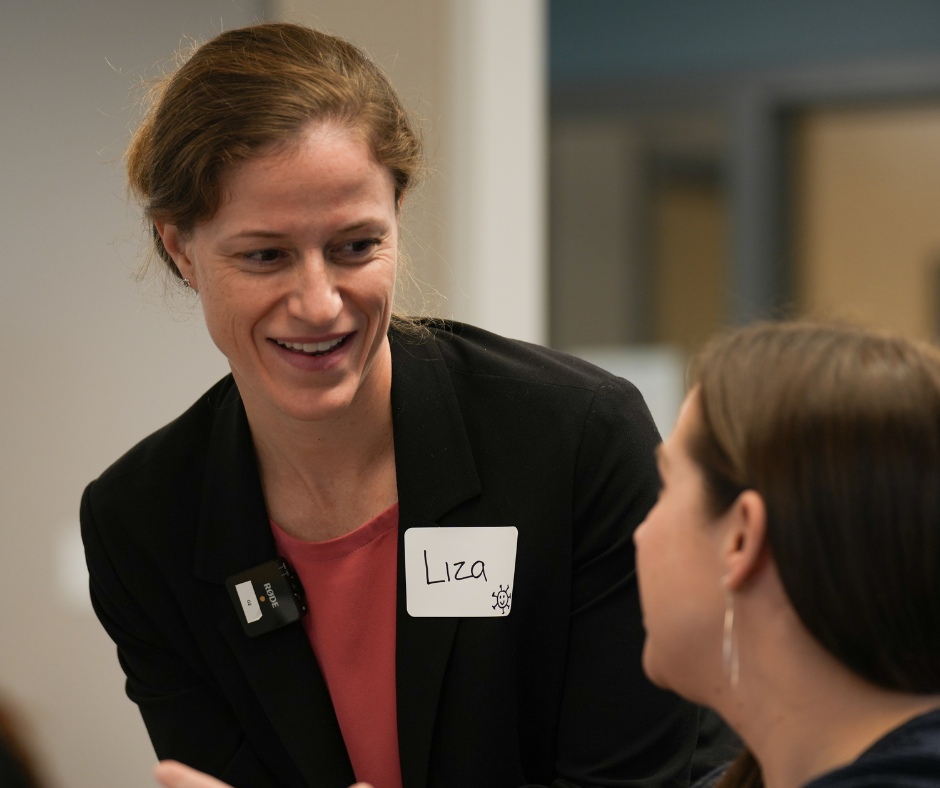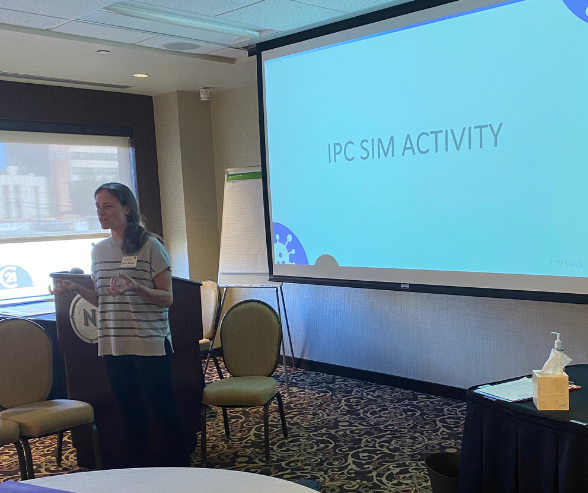
Dr. Rosenman Helps Conduct Low-Cost, Simulation-Based Infection Prevention Training Per CDC Project

A new project at the University of Washington is helping to improve infection and prevention training initiatives through a train-the-trainer program.
The program, called Training Infection Prevention through Simulation (TIPS), teaches Infection Preventionists, nurse educators, and IPC educators how to integrate experiential learning, such as simulation, into the courses they teach. This work is funded by the Centers for Disease Control and Prevention and Project Firstline.

The TIPS team provides an 8-hour full-day course for trainees and then provides them with materials they can take back and use at their sites. So far, they have had pilot sessions in Billings, Montana, Ellensburg, Washington, and the University of Washington. The team will also be heading to Anchorage, Alaska this month.
The day is broken up into modules and each one includes activities where trainees can interact with their peers.
The Department of Emergency Medicine’s Dr. Liza Rosenman is one of the principal investigators alongside Dr. Ylinne Lynch of the Division of Pulmonary, Critical Care, and Sleep Medicine. The team is also comprised of Project Manager Colleen Farrell, Laura Flood, Tonya Martino, Victoria Roach, Jenny Garnett, and Megan Sherman.
“It's simulation-based but really using a very broad definition of simulation,” explained Rosenman. “This includes immersive learning and gamification along with other ways to reach adult learners.”
Dr. Rosenman said the team started with focus groups of infection preventionists across Washington, Alaska, Idaho, Montana, Wyoming, and Oregon. They found that some of the infection preventionists had been put into the role with a lack of formal training.

“They’re passionate about the idea of infection prevention but are short on time and short on resources. They may even be under-trained for their role. We’re providing training, but also presenting it in a more engaging and interesting way than a PowerPoint attached to an email,” said Rosenman.
Dr. Rosenman said they work to create training that works for the specific needs of the people, since some trainees who take the course are from rural or tribal health sites.
“If they're working in a critical access hospital or somewhere very rural, we learn from them and what some of their challenges are, and then we can work with them to create educational products that are meaningful in their setting,” said Rosenman. “We're really focusing on low cost, where minimal resources are needed for simulations because most of the sites that we're working with don't have a simulation center.”
The team said they have received positive feedback from participants who are thankful for the opportunity and for making the training more accessible. Dr. Rosenman said being a part of the TIPS project has allowed her to utilize her love for simulation and use it to support training initiatives.
“I get to partner with people with very different areas of expertise. This particular one has taken me to infection prevention and control. I've learned a ton and had a lot of fun,” said Rosenman.
TIPS has also partnered with Drs. Denise McCulloch and Steven Pergam of Fred Hutch Cancer Center, as well as Drs. Elizabeth Sanders and Min Lee of the UW College of Education.






